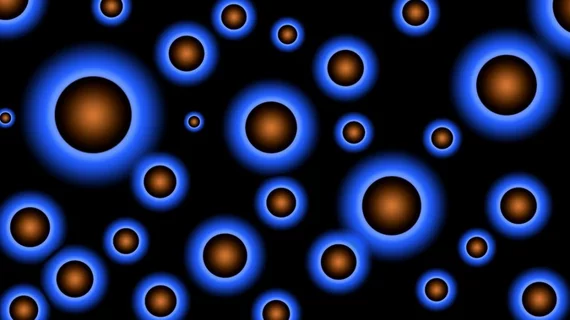Contamination of Arizona crematory raises questions of how to manage postmortem radiopharmaceuticals
The body of a 69-year-old male patient treated with lutetium-177 dotate contaminated an Arizona crematorium after radioactive material was found on equipment there, Tech Times reported. The incident has raised questions about the postmortem management of radiopharmaceuticals.
The case study, published in JAMA, found traces of radioactivity on the vacuum filter, oven and bone crusher of the crematory. A radioactive compound unrelated to the deceased man was found in the urine of an employee, which lead author Nathan Yu, of the department of radiation oncology at the Mayo Clinic, believes was due to cremating other remains.
While the authors don’t believe workers were exposed to dangerous doses of radiation, there are no federal regulations on how to care for bodies of patients who were exposed to radioactive materials following medical treatment, the Times reported.
"Future safety protocols for radiopharmaceuticals should include postmortem management, such as evaluating radioactivity in deceased patients prior to cremation and standardizing notification of crematoriums,” Yu and colleagues, wrote.
Read the entire story below.

